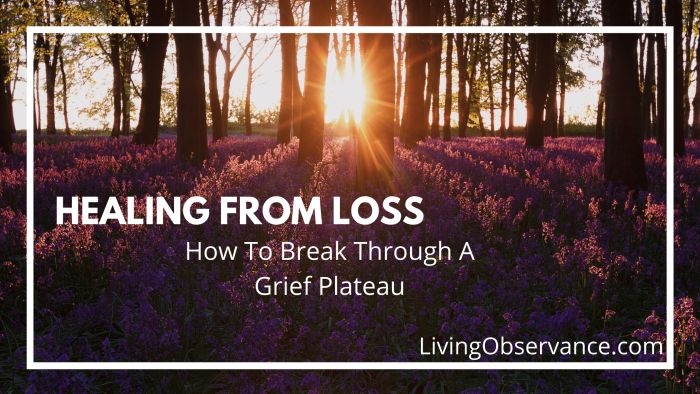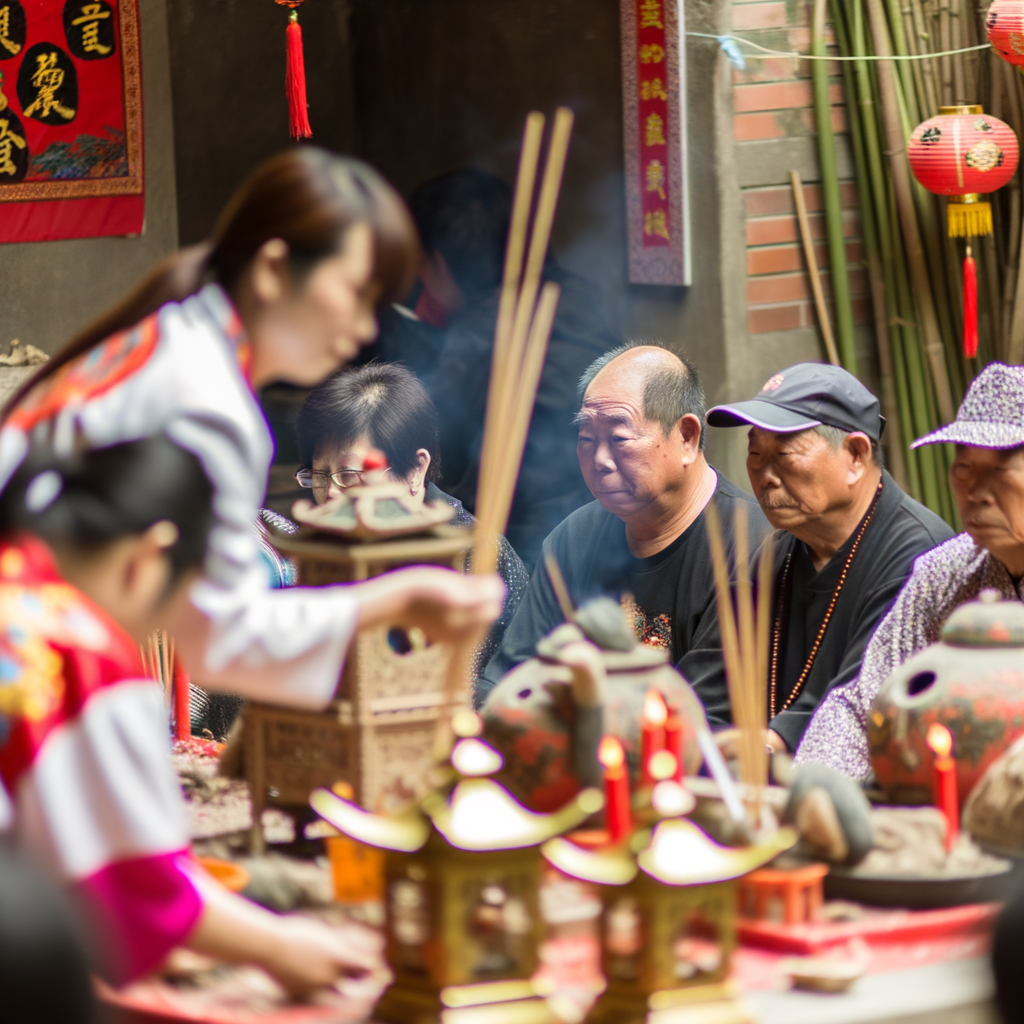The hardest lessons that we learn in life are the ones where we don’t get a second chance to apply the lessons learned. The death of a loved one is one of the most painful experiences that we can survive. In my opinion, the pain comes from the unanswered questions that fill our mind after we realize we lost the opportunity to ask them. The pain comes from realizing that the reconciliation that we have been putting off because of our own pride, can no longer happen. The pain comes from the inability to picture what life without that loved one will look like. If only I had understood the lessons below, I believe that the pain wouldn’t be quite so crushing.
Never wait for the right time to tell someone how you feel
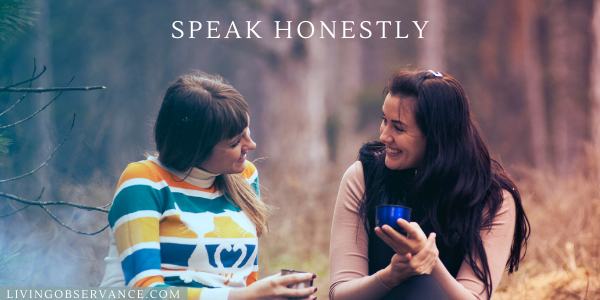
I was young. I was starting to see my career skyrocket. I was rapidly moving through the corporate ranks, flying around the world for meetings, and attending top conferences in my industry. Throughout that journey, I would talk to my Mom on a daily basis. She was always there to use her brutal honesty in a beautifully tender way to let me know when I was about to do, or already did, something stupid. She has always been my sounding board.
The last conversation I had with my mom is one that will always stay with me. The phone conversation ended with her normal joyful and light-hearted disposition giving way to a more reserved and quiet demeanor. After prying to find out what was wrong, she said there was something she wanted to talk about, but she wanted to wait for me to come back to town. I had just arrived at my hotel for a work conference and I’m sure she thought whatever she wanted to say might burden me to the point I wouldn’t enjoy the conference. Less than 12 hours later I received a call to my hotel room at 3:00 AM telling me that my mom had a stroke and was in the ICU.
The “right time” to tell someone what is on your heart or how you are feeling is right now. It may feel awkward, the other person might not know how to react or what to say, but if the next time you can express yourself to them is during their eulogy, then you have done a disservice to them and will cause significant hurt for yourself. Whether the feeling you want to share is positive or negative, there won’t be a right time. In my case, there wasn’t enough time.
The words that someone uses to ask a question do not always reflect the real request a person is making

I’m a very literal person and I often make the mistake of thinking other people are the same way. I have a paradigm that compels me to believe that when people communicate, they are carefully choosing the words that they use to craft the clearest message they can. I’ve known that my paradigm is wrong, but I didn’t understand until after my Grandpa passed away from brain cancer.
As my Grandpa’s health started declining I made more frequent trips to his home to spend time with him and do whatever chores I could. Every time I would step through the front door he would ask me if I wanted a coffee. I was on the border of needing high blood pressure medication and my doctor recommended I cut coffee out of my diet. (I used to drink multiple pots a day). Every time my Grandpa would offer me coffee, I would politely reject his offer because I had to focus on my health.
After he passed away, as I was working through my grief, I recognized that I wasn’t listening to what he was asking. As I was growing up my Grandpa and I would drink coffee together regularly. Whether we were at his home, my home, or out to lunch. Drinking coffee was our ritual. During those declining months, he wasn’t offering me coffee because he was a good host. He was asking me to help him forget the pain of his current situation. He wanted to briefly return to a happier, familiar, and normal time. Every time I rejected his offer, I denied him what he was really asking for. My blood pressure would have been okay if I shared a few more cups of coffee with my Grandpa.
Do not take personal any actions or statements that a bereaved person makes
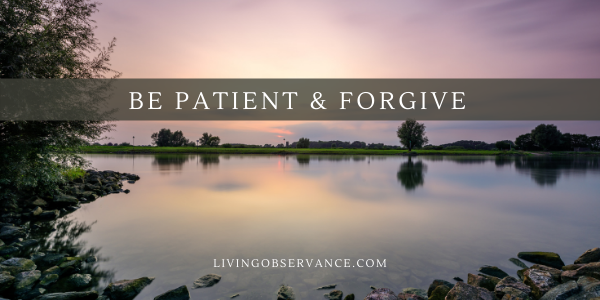
My Father-figure shared an incredible life secret with me before my wedding. He told me that in life there are three events that can facilitate the healing of almost any relationship: weddings, the birth of children, and deaths. The only way we can allow healing to begin is by opening our hearts and practicing more patience with those around us. Hopefully, they will do the same for us.
When someone we love passes away it is unpredictable how we will respond. It is unpredictable how others will respond. It’s almost like we put our emotions into a pot, put the lid on it, put it on the stove, and turn up the heat as high as it will go. Every pot will handle that heat differently. Some will have a rolling boil while the top might blow off of others. The misapplication of heat is not the fault of the pot.
As people try to find a path through their own grieving journey they may inadvertently hurt those around them. A family friend described the phenomenon as “hurt people, hurt people.” This beautifully concise statement is not a law, but it reframes what may feel like an attack against us into a plea for help. I made the mistake of taking things personally. This not only damaged my relationships but also stunted my own healing from the family loss.
You don’t know people nearly as much as you think you do
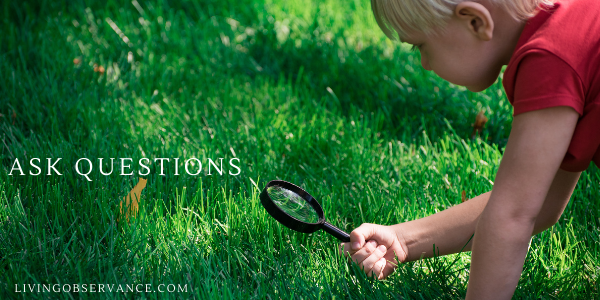
Growing up I spent a good amount of time with my Grandpa. Not as much as I wish I could have of course, but I am grateful for every moment we had. I could tell you just about anything you’d want to know about him. His hobbies, his military career, his dedication to his church and community. He is my Grandpa after all.
One of the most powerful traditions following a death is for friends and other family members to share stories of the deceased with the grieving family. I learned that when my Grandpa was in high school he would race the school bus that was carrying his future bride of 63 years. I knew my Grandpa was a bit of a rascal when he was young, but all that was going through my head was, “My Grandpa did what when he was a kid?!”
To borrow a line from Shrek, it’s not only ogres that are like onions. People have layers too. The nature of your relationship with a person will determine which layers of their story will be revealed to you. Sometimes we can stumble upon these different corners of the people we love, but oftentimes they will remain hidden. As people share stories about your loved one, listen carefully. You will learn that your loved one was stronger, braver, smarter, funnier, and kinder than you ever knew them to be.
The best story in the world is hidden in your family members
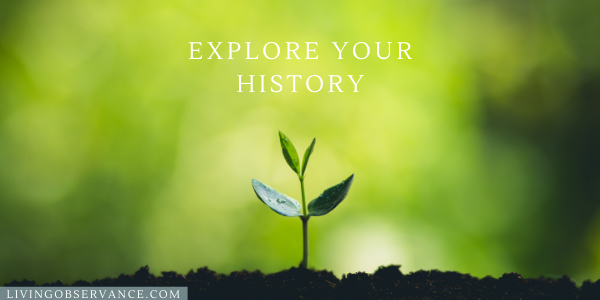
After hearing some of the stories about my Mom and Grandpa I had a few questions. Questions that I would have loved to ask them. Questions that only they had answers to. “What could have possibly been going through your mind when you did that? How did you feel after that happened to you? Why did you think that when none of your peers did? Who inspired you to become the incredible beacon in this world that you are?”
Unless you are lucky enough to find a journal that the deceased used to capture their feelings and thoughts, many of those questions will go unanswered. Personally, I have struggled with these questions and many others that are more significant. While I won’t be able to learn the answers to all of the questions I have. I am still able to learn the answers to different questions that I am coming up with daily. I recently learned that my Great-grandparent’s relationship started because mail was delivered to the wrong person that happened to share an identical name.
By learning about the people in our family we open an epic saga with more twists and turns than the most talented authors can craft. The saga is gripping not only because of yesteryear’s foreign customs and practices but because at the end of the winding storyline, you actually make an appearance. You gain an appreciation for life, your place in it, and for the people around you that is impossible to put into words. The best way to find motivation, community, and strength is by discovering your own origin story. Selfishly learn about yourself by generously listening to the stories of the people you love.
Conclusion:
As awkward as some of these practices are, I’ve tried to incorporate them into my life. I’ve noticed a significant improvement in my own mental health and wellbeing. If you have never lost anyone I hope that you think about adopting some of these lessons. For those of you who have lost loved ones, what do you think about these lessons? What is the most impactful lesson that you have learned from losing a loved one?


